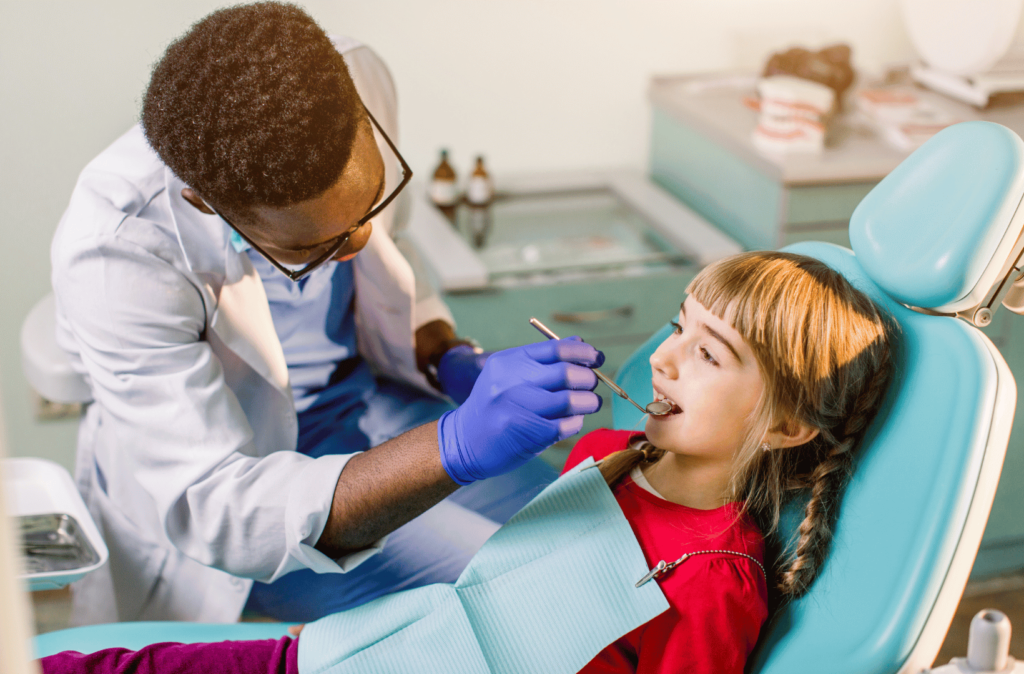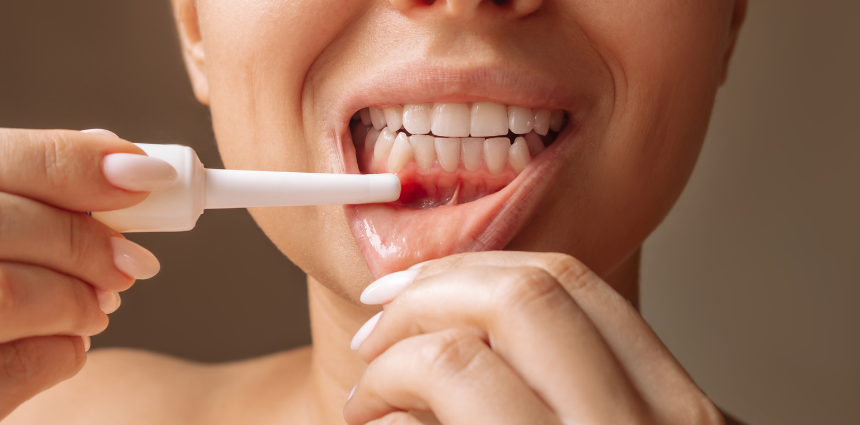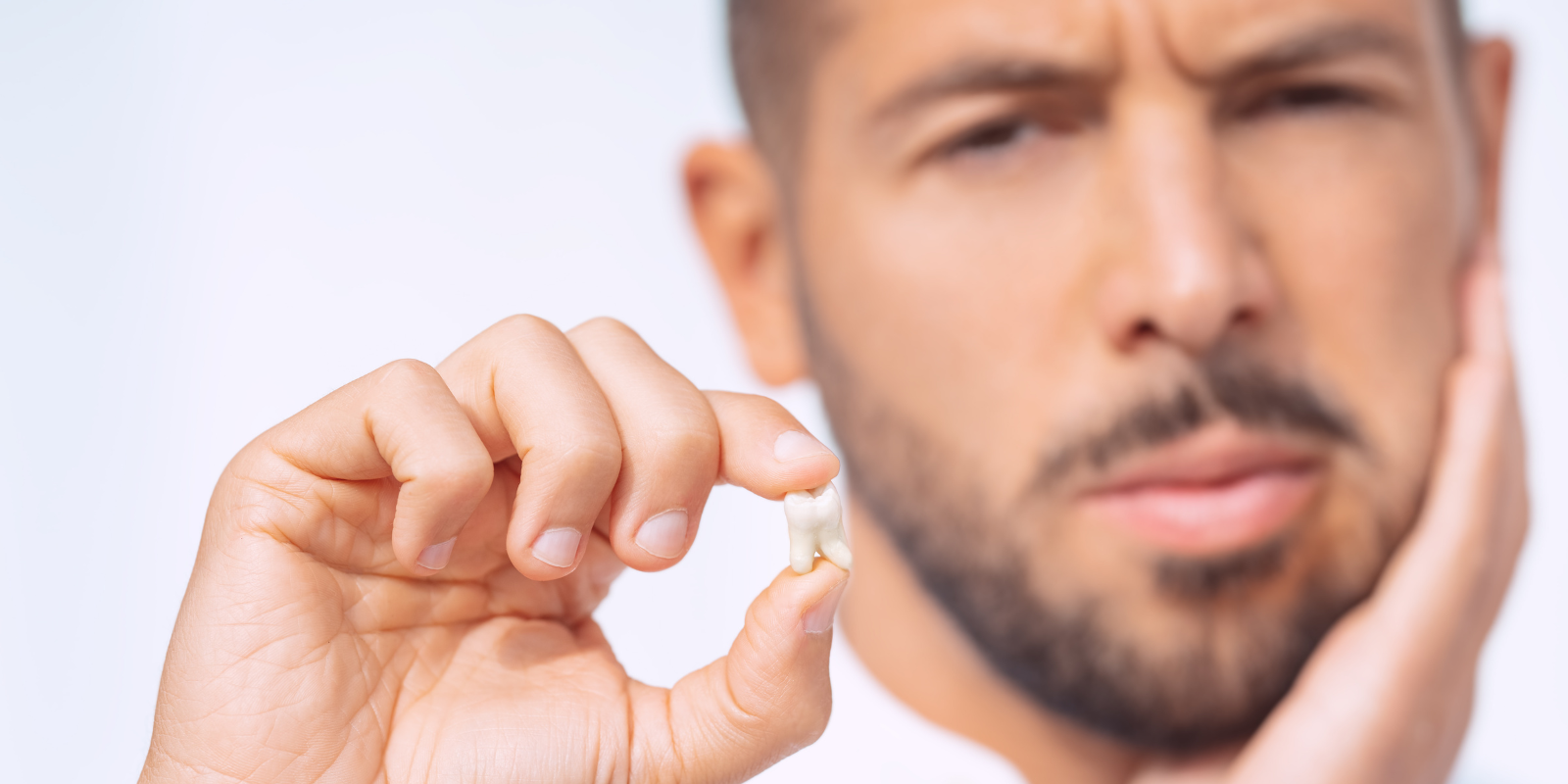When it comes to our children, their health and well-being are our top priorities. Among the many aspects of their health, oral hygiene stands as a pillar of utmost importance. In this extensive guide, we will delve deep into why oral hygiene is crucial for kids and how you can make this essential routine fun and engaging for them. By the end of this article, you’ll have a comprehensive understanding of the significance of oral hygiene in your child’s life, as well as a toolbox of strategies to ensure they maintain healthy teeth and gums.

1. Why Is Oral Hygiene Important for Kids?
Maintaining proper oral hygiene for your child goes beyond the surface-level goal of keeping their teeth clean. It is, in fact, about establishing the very foundation for a lifetime of excellent dental health. The habits your child develops now will have a lasting impact on their oral well-being. Poor oral hygiene during childhood can lead to a host of dental issues in adulthood, including cavities, gum disease, and more. It is, therefore, crucial to educate your child about the significance of taking care of their teeth from an early age.
2. Selecting the Perfect Toothbrush and Toothpaste
The journey to making oral hygiene fun for your child starts with the selection of the right tools. Begin by involving your child in the process. Allow them to pick out a toothbrush in their favorite color or adorned with their beloved cartoon character. There are toothbrushes specially designed for children, featuring soft bristles and small heads that fit comfortably in their mouths. Pair this with a child-friendly toothpaste in a flavor they adore, such as strawberry or watermelon. This not only makes the routine more engaging but also creates a positive association with oral care.
3. Turning Brushing into an Exciting Game
Children are naturally drawn to games, and harnessing this inclination can make toothbrushing an enjoyable adventure. Challenge your child to a “Who can brush the longest?” contest or play their favorite song while they brush, encouraging them to continue until the song ends. This not only adds an element of fun but also ensures that they brush for the recommended two minutes, maintaining thorough oral hygiene.
4. Crafting a Fun Toothbrushing Playlist
Music has the magical ability to make even the most mundane tasks enjoyable, including brushing teeth. Take the time to create a special playlist filled with your child’s favorite songs, carefully curated to last for approximately two minutes. As they dance, sing, and brush along to the music, you’ll find that this method keeps them not only engaged but also eagerly anticipating their daily brushing routine.
5. The Tooth Fairy’s Secret: Implementing a Reward System
Motivation plays a significant role in instilling good oral hygiene habits in your child. To achieve this, consider implementing a reward system. Create a chart where your child can earn a sticker for each successful brushing session. After accumulating a certain number of stickers, they can look forward to a small reward or treat. This positive reinforcement not only makes brushing teeth a more exciting task but also helps build a sense of accomplishment.
6. Leading by Example: Making Brushing a Family Affair
Children often mimic the behavior of their parents, and this principle holds true for oral hygiene as well. Transform brushing into a family affair by brushing your teeth alongside your child. This simple act of leading by example not only emphasizes the importance of oral hygiene but also strengthens the bond between you and your child through shared activities.
7. Building Trust Through Regular Dental Check-ups
Regular dental check-ups are an essential component of maintaining good oral health. Taking your child for these appointments helps establish a trusting relationship with their dentist from an early age. A friendly dentist can ease any fears your child may have and provide valuable advice on oral care. Encourage your child to ask questions during these visits, fostering a sense of responsibility for their oral well-being.
8. Overcoming Common Challenges
a. My Child Hates Brushing
If your child strongly dislikes brushing their teeth, consider making it a non-negotiable part of their daily routine. Consistency is key. Over time, as it becomes a habit, the resistance will gradually fade.
b. My Child Swallows Toothpaste
To minimize the risk of swallowing toothpaste, use only a small amount, about the size of a pea. Teach your child to spit out the toothpaste after brushing.
c. My Child Is Afraid of the Dentist
Begin dental visits early in your child’s life, and opt for a pediatric dentist who specializes in working with children. Explain to your child that the dentist’s role is to keep their teeth healthy and pain-free, emphasizing the positive aspects of these visits.
d. My Child Has Sensitive Gums
If your child has sensitive gums, choose a toothbrush with extra soft bristles. Ensure they brush gently to avoid any discomfort.
e. My Child Has Cavities
If your child develops cavities, it’s essential not to panic. Dental treatments are available to address this issue. Moving forward, focus on prevention by reinforcing good oral hygiene habits and regular dental check-ups.
9. A Lifetime of Healthy Smiles: In Conclusion
In conclusion, the journey of making oral hygiene enjoyable for your child is a rewarding one that lays the groundwork for a lifetime of healthy smiles. Remember, it’s not just about clean teeth; it’s about instilling good habits and ensuring your child’s dental well-being. By following these comprehensive tips and strategies, you can turn oral hygiene into a joyous and essential part of your child’s daily routine, setting them on the path to a lifetime of healthy smiles and overall well-being.
10. FAQs – Your Oral Hygiene Guide
Q1: How often should my child brush their teeth?
Children should brush their teeth at least twice a day, preferably in the morning and before bedtime.
Q2: When should I start taking my child to the dentist?
Schedule your child’s first dental visit when their first tooth appears or no later than their first birthday.
Q3: What if my child refuses to use toothpaste?
If your child refuses toothpaste, encourage them to brush with water and gradually introduce a small amount of toothpaste as they become more comfortable.
Q4: Is it normal for my child to lose their baby teeth early?
Yes, it’s normal for children to start losing their baby teeth around the age of 6 or 7. It varies from child to child.
Q5: How can I help my child overcome a fear of the dentist?
Start by choosing a pediatric dentist experienced in working with children. Explain the dentist’s role in a positive way, and accompany your child to their appointments for support.




